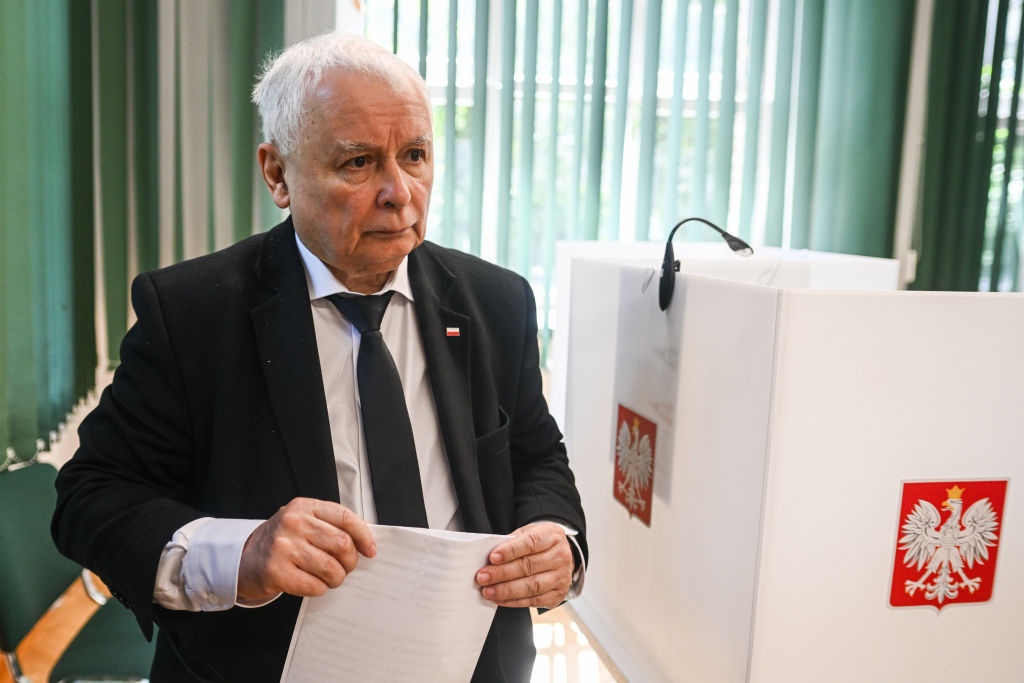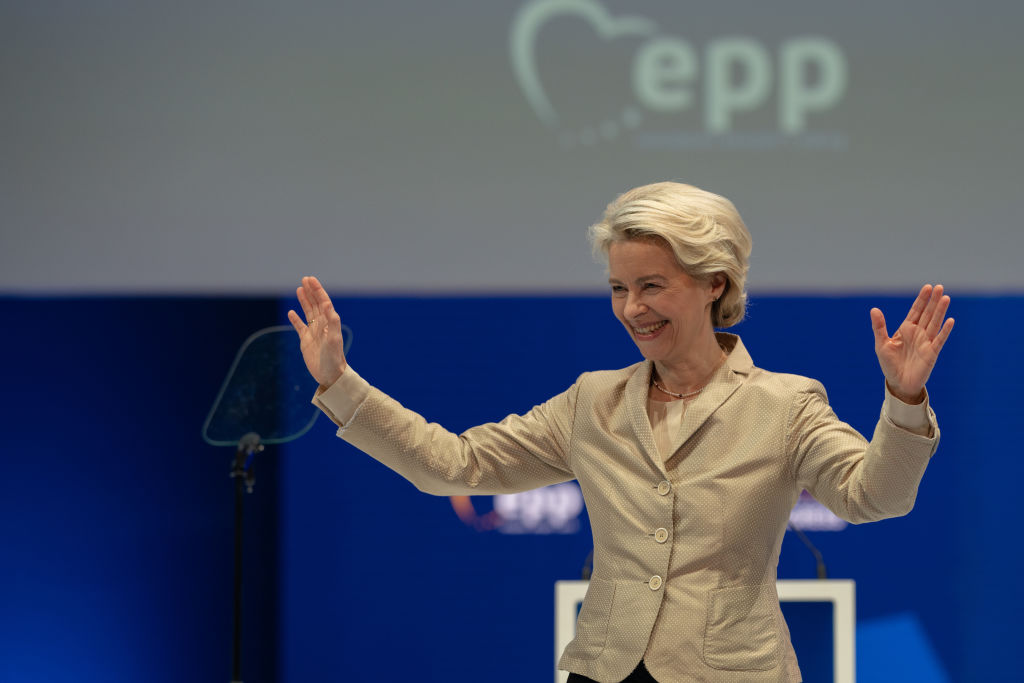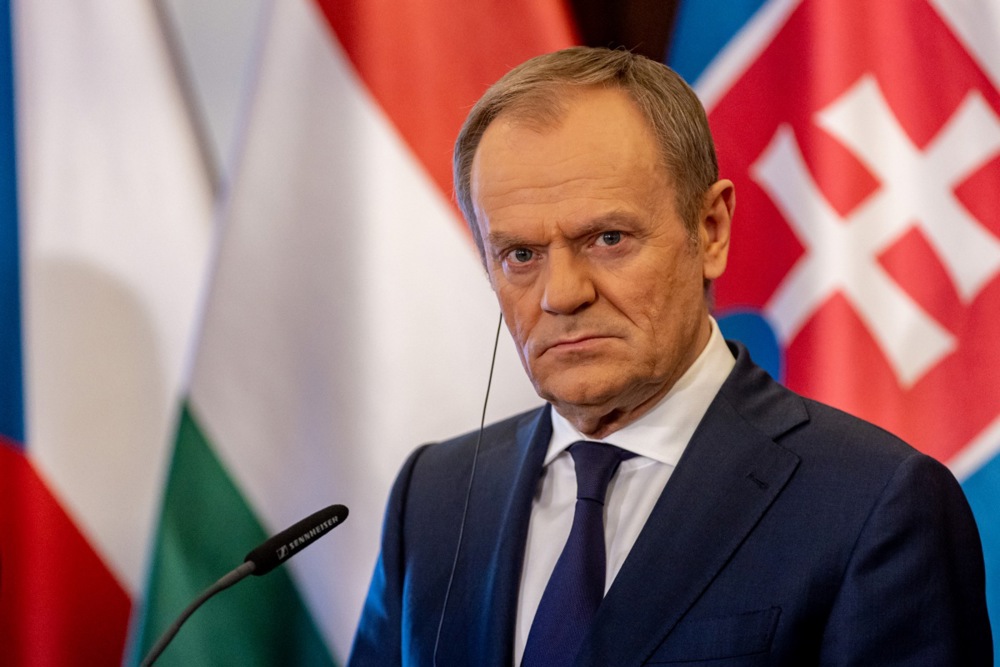Intellectual colleagues note that mass immigration is causing the pro-European establishment to collapse.
Which is a bit dry, but true. Immigration is causing the pro-European establishment to take a hit. But colleagues who are more street-level than intellectual will also note that mass immigration is causing housing policy to collapse, school policies to fall into confusion, health services to sink, and streets to burn in riots.
At which point, the intellectuals come back and ask, how did we get here?
Here is the short answer, though you will not expect it: German social engineering. The whole lot, the vast immigration into Europe, can be traced back to German social engineering. More than 100 years ago, German industrial interests believed they could transform humanity, humanity from anywhere, into a docile workforce, much like making tyres out of rubber.
They believed they could “socially engineer” anything. The idea, discredited, and despised, persists.
Go back to the turn of the 20th century. The fundamental problem of German industry since its inception has been its confinement to the Continent and its lack of a colonial empire, unlike France and the United Kingdom. Consequently, it suffered from high production costs.
Unable to rely on a colonial empire, German industrial interests supported another method to lower costs and increase productivity: a concept later theorized as ‘Lebensraum.’
This actually involved the colonisation of the European continent. This involved expanding German territory eastward, seeking peace with Western Europe. Germany has always sought to lull Western Europe into complacency in order to conquer Eastern Europe.
Germany primarily fought Russia during the First World War to seize the Central and Eastern European workforce. Emperor Wilhelm II had hoped that France and the United Kingdom would not enter the conflict and felt devastated when he learned that his plan had failed.
During the Second World war, the sought-after peace with Western Europe by Hitler did not materialise either, but Germany managed to enslave more than 12m Europeans (2.7m of whom died).
After 1945, deprived of this free labour that allowed it to drive its production, German industry, still suffering from the lack of colonies and the high raw material costs, turned to immigration as a new miracle cure to boost competitiveness, always adhering to the idea that an abundant and cheap workforce would lower costs.
In the mid-1950s, West Germany initiated “guest worker” (Gastarbeiter) programmes to address labour shortages during the Wirtschaftswunder (economic miracle). The first agreement was signed with Italy in 1955, followed by agreements with Greece, Spain, Turkey, Morocco, Portugal, Tunisia, and Yugoslavia.
By the time recruitment was halted in 1973 due to the oil crisis and rising unemployment, around 14m foreign workers had come to West Germany. Of these, approximately 11m eventually returned to their home countries, while about 3m stayed, and their families often joined them later.
There are approximately 3m people of Turkish descent living in Germany. This population includes both those who migrated from Turkey and their descendants born in Germany, reflecting decades of migration since the 1960s Gastarbeiter agreements.
By the early 1990s, immigration surged again with the fall of the Berlin Wall and the opening of Eastern Europe. In 1992, more than 1.5m people immigrated to unified Germany, marking a significant peak. As of the most recent data, there are approximately 1.65m EU nationals working in Germany today, making Germany a net beneficiary of the free movement of people in the Single Market.
In 2015, Germany saw a large influx of refugees, with 2.14m people immigrating, many from Syria, Afghanistan, and Iraq. This was in response to the European migrant crisis, where Chancellor Angela Merkel adopted an open-door policy, leading to significant political and social challenges and debates within the country.
As of 2022, Germany had about 20.2m people with an immigration background, making up 24.3 per cent of the population. This demographic includes people who have immigrated to Germany since 1950 and their descendants.
These figures are twice as high as in France, and one wonders how German society manages to maintain its cohesion under these conditions. This is the social cost that Germany pays to export all its luxury cars. In any case, this model of social transformation that Germany has tried to adapt to the rest of Europe through the European Union is collapsing.
After the gradual loss of its colonial empire, France progressively returned to being a continental power and decided to support German interests to continue to wield influence in the world. The French also thought that they could compensate for the loss of their colonial empire by adopting policies similar to those of Germany to support their economy. Now we can see what it looks like.
Yet what has been driving the German government to go on with this immigration policy, even as it leads to anger and misery across the country? One must look at who is still embracing the historic policy. One must look at German industrial powers, the ones whose industrial grandfathers grew rich on the idea that any humanity could be formed into a docile workforce, like shaping rubber into tyres.
Numerous powerful, opaque, and little-known foundations are key to the system driving the policy. They link German business interests with various organisations that enable societal transformation.
For instance, Stiftung Mercator was established in 1996 by the Schmidt-Ruthenbeck family, who are also the founders of the German retail chain Metro AG. Over the years, Stiftung Mercator has evolved to become one of Germany’s leading private foundations, focusing on societal issues such as climate change, education, Europe, and integration. Since its inception, it has allocated around €907m to approximately 2,000 projects.
In 2008, the Mercator Foundation, together with the Volkswagen Foundation, established the Expert Council for Integration and Migration. Since 2017, the Mercator Foundation has donated €4.185m to support it. Projects of this Expert Council (“Sachverständigenrat”) include “recommendations for action to optimise the naturalization process,” providing “information about which factors lead to defensive attitudes towards refugees,” and investigating “the participation barriers and opportunities of immigrant workers.”
For the Mercator Foundation and Volkswagen, immigration is clearly a policy that has to be supported, developed and promoted.
But is it just Mercator and Volkswagen? No. The “Expert Council” has also been financed by other foundations linked to business interests: Bertelsmann Stiftung, Freudenberg Foundation, Gemeinnützige Hertie-Stiftung, Körber Foundation, Robert Bosch Stiftung, and others.
Robert Bosch GmbH is known as the vast Bosch engineering. Bertelsmann is a multinational media, services, and education company. Hertie is a department store chain. The Freudenberg Group produces housewares, automobile parts, textiles, and building materials. Körber AG operates in automation, logistics systems, machine tools, pharmaceutical systems, tissue, and tobacco.
Interestingly, the website of the “Sachverständigenrat” for Integration and Migration states that “since January 2021, the Expert Council has been fully institutionally financed by the Federal Government.”
Perhaps you thought that the German government being controlled by the commercial interests of German companies was a myth, or a conspiracy theory. No, wrong. The mobilization of taxpayer funding to serve the interests of German corporations is a clear strategy of these foundations.
For example, a project of the Mercator Foundation involves “establishing the Muslim Academy Heidelberg through institutional funding to transition to regular public funding.” In this way, German companies do not merely influence the German state: they infiltrate and control it.
The Mercator Foundation has thus given at least €45m to finance projects related to supporting immigration and diversifying German society since 2017. A notable trait of these projects is that they are mainly “application-oriented,” with some extravagant exceptions like a €2.8m grant for “the exchange between Islamic theological scholars, Muslim community representatives, and civil society actors on issues related to Islam.”
These are just a few examples. These foundations are numerous, their donors even more so, and the organisations they fund are countless. The immigration projects they finance and push the German state to finance are immeasurable.
Once again, German industry has tried to increase its productivity according to pseudo-scientific social engineering theories, and once again, it backfires.
You might say with alarm: “But they’re doing the same thing as during the Second World War.” Not exactly: they are not colonising the East. This time their social engineering is primarily oriented towards destroying their own society. It is true that Germany has changed. However, the German establishment has retained its habit of pushing materialist rationality to the point of madness.





Macron introduces Le Pen to Machiavelli